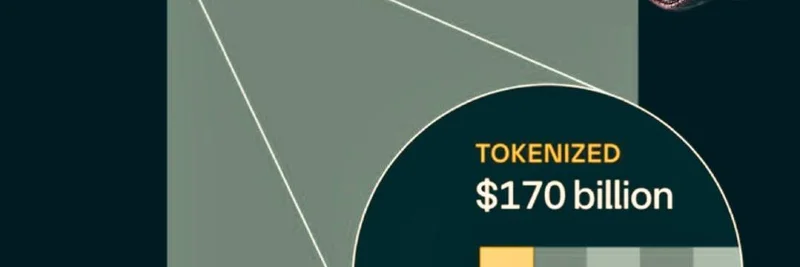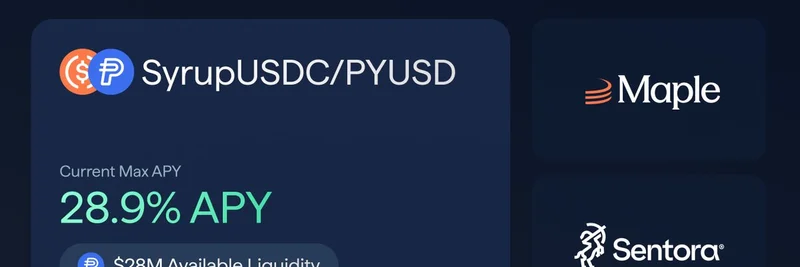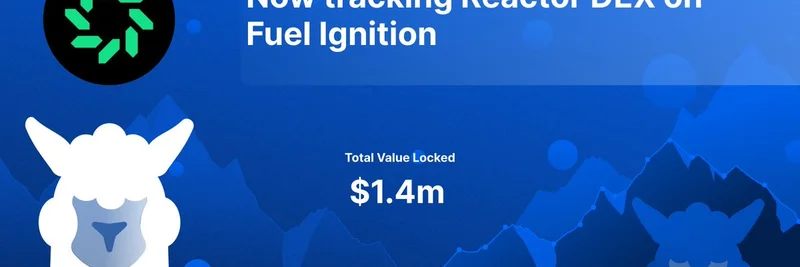In the ever-evolving world of crypto and blockchain, ideas from economics and philosophy often provide fresh perspectives on why certain trends take off. A recent thread on X by economist Oliver Beige caught my eye, sparking thoughts on how this applies directly to meme tokens. Beige posits that we're witnessing a shift from status consumption through private goods—like luxury cars or designer bags—to public goods, where you can flaunt your status while letting others foot the bill.
Let's break this down simply. Status consumption is basically spending money to show off your wealth or social standing. Private goods are things only you enjoy, like a fancy watch. Public goods, on the other hand, are non-excludable and non-rivalrous—think parks or open-source software—where everyone can benefit, but the cost is shared.
Beige's key insight? With public goods, you signal status (e.g., by funding a community project) and make others contribute to its value or maintenance. This resonates deeply with meme tokens. In the meme coin space, holding or promoting a token isn't just about personal gain; it's a public display in decentralized communities. When you buy into a viral meme like Dogecoin or a newer one like PEPE, you're signaling your savvy in crypto culture. The hype builds publicly on platforms like X or Telegram, where community pumps drive value—essentially, others "pay" through their participation and investments.
This shift explains why meme tokens explode in popularity. Traditional investments might be private (your stock portfolio), but meme tokens thrive on public virality. You post about your gains, join airdrops, or contribute to DAO decisions, all while the token's value rises from collective effort. It's status signaling on steroids: you're not just rich; you're part of something bigger, and the network effect makes everyone else amplify your position.
Diving deeper into the thread, a reply mentions philosopher Hanno Sauer's book "Klasse," which explores class and status dynamics. While the commenter has reservations, it highlights how these ideas spill into academia and beyond. Beige quips back with "It's the academic overspill," underscoring how theoretical concepts leak into real-world applications—like blockchain.
For blockchain practitioners, this means meme tokens aren't just jokes; they're a new form of social capital. To enhance your knowledge base, consider how projects like public goods funding on platforms such as Gitcoin embody this. They allow donors to signal virtue while the community benefits from open tools.
If you're building or investing in meme tokens, lean into this public aspect. Create narratives that encourage shared participation—think gamified airdrops or community-driven art. This not only boosts SEO through organic shares but aligns with the broader trend Beige describes.
Curious for more? Check out the original thread on X and see how these economic shifts could influence the next big meme wave. As always, stay informed and DYOR in this fast-paced space.



